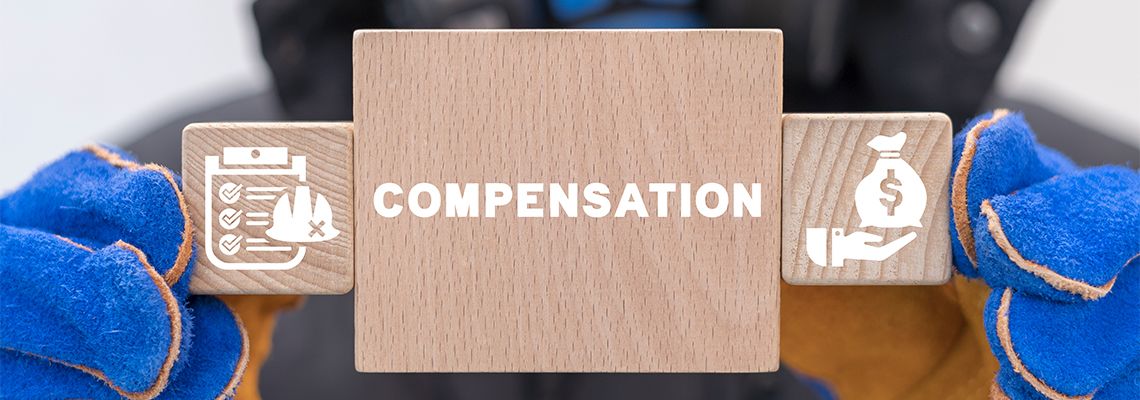When you’re injured on the job in Kansas, managing the workers’ compensation system can be overwhelming. One of the key aspects of this process is the peer review, a step that can significantly impact the benefits you receive.
2 Things You Need to Know Before Settling a Workers’ Comp Claim
Whether you work in food service, construction or transportation, your employer must carry workers’ compensation insurance on your behalf. Their policy protects the company from liability if you get hurt or develop a significant medical condition. The coverage also protects you by providing full medical coverage and disability benefits at no direct cost to you.
Especially in situations where a worker has a permanent injury or someone dies on the job, the insurance company may want to settle the claim. Rather than continuing to make regular payments for years, they will offer one, lump-sum payment for the full value of the injury or fatality.
There are certainly benefits for workers and their surviving family members if they accept a settlement, like having immediate access to funds. Unfortunately, accepting a settlement also puts the worker or their family at risk, which makes it crucial that you know certain details before making any decisions.
The True Cost of Your Injury
In the immediate aftermath of a diagnosis or workplace injury, it can be hard to focus on the long-term consequences. However, that is exactly what you need to do when you evaluate a workers’ compensation settlement offer.
You need to understand if the amount offered will potentially cover your care and lost wage or if it will leave you with a massive shortfall. Will you be able to pay for treatment and your mortgage, or will the settlement funds run out while you still have many uncovered expenses?
The only way to know if a settlement is truly appropriate given the circumstances is to take the time to determine the long-term financial impact of the condition on you and your family.
The Lack of Recourse After Settling
The reason that you need to know what your injury will cost you and your family is that after you accept the settlement, you can never make a claim again. Only in rare circumstances where you can prove that the insurance company acted in bad faith will more compensation ever be an option when you have agreed to a settlement.
The paperwork that you sign when you accept a settlement absolves the company from future liability, even if you can never go back to work again or later require additional medical treatment. Looking at a workers’ compensation settlement offer critically can help you negotiate a better outcome and also determine when your best option may be to refuse the settlement because the company doesn’t want to make a reasonable offer.
RECENT POSTS
Sometimes, a workers' compensation case is closed, but circumstances change, and you might wonder if you can reopen it. Let me walk you through the process of reopening a workers’ comp case, the legal ins and outs, and practical advice to help you understand your options.



